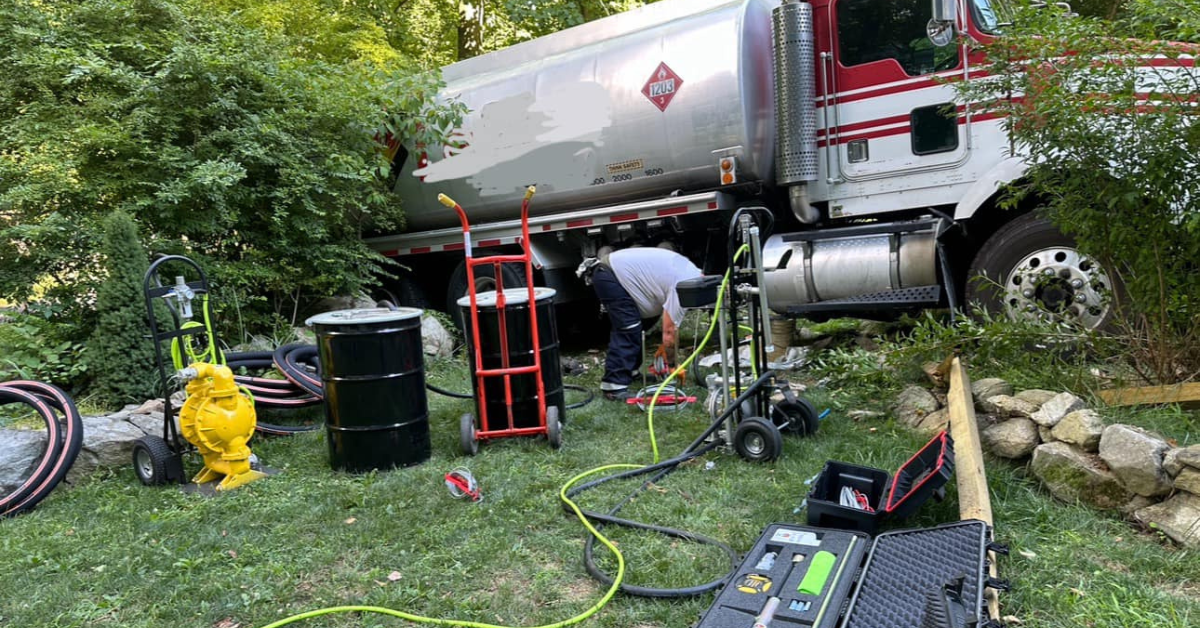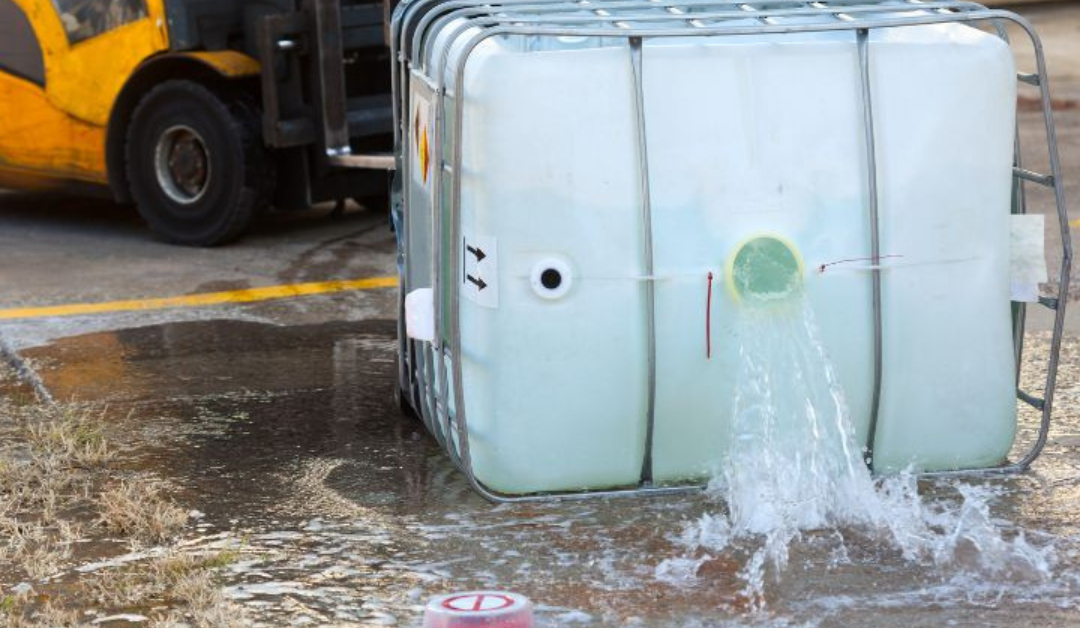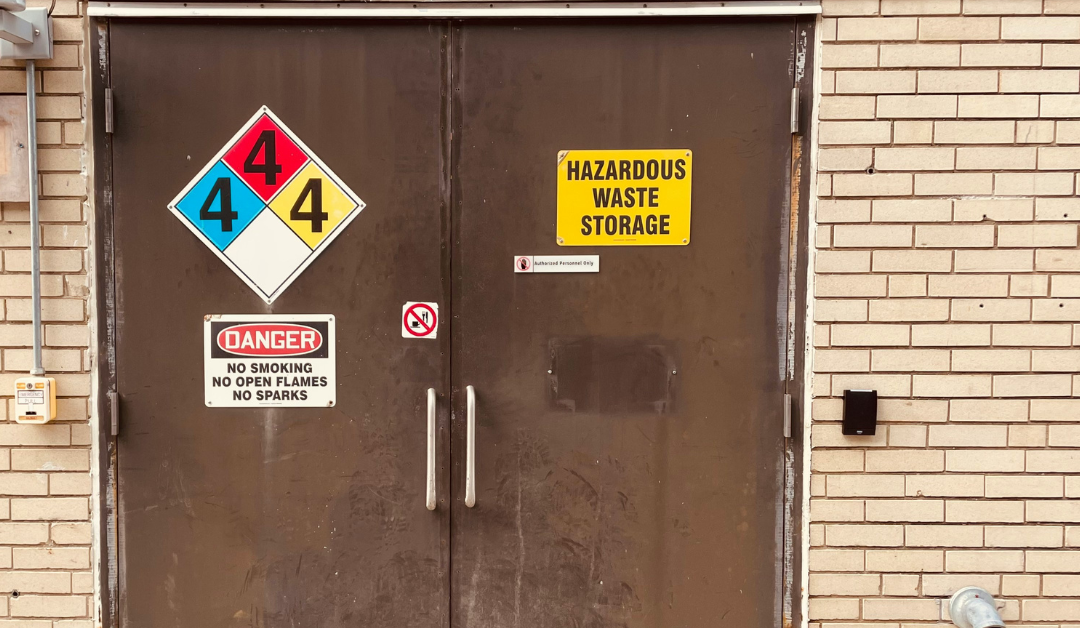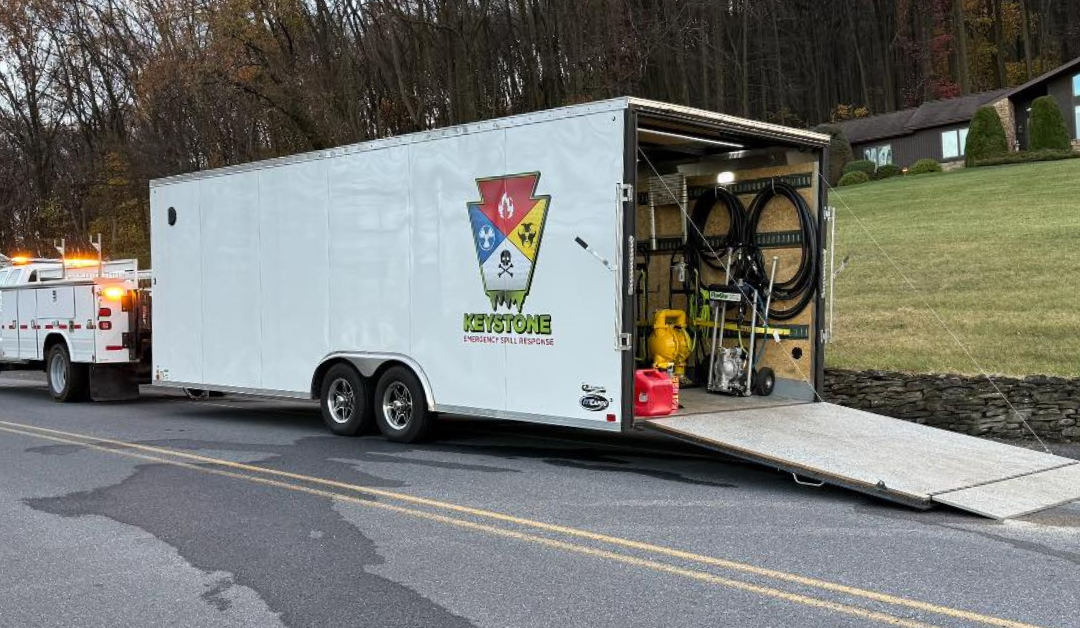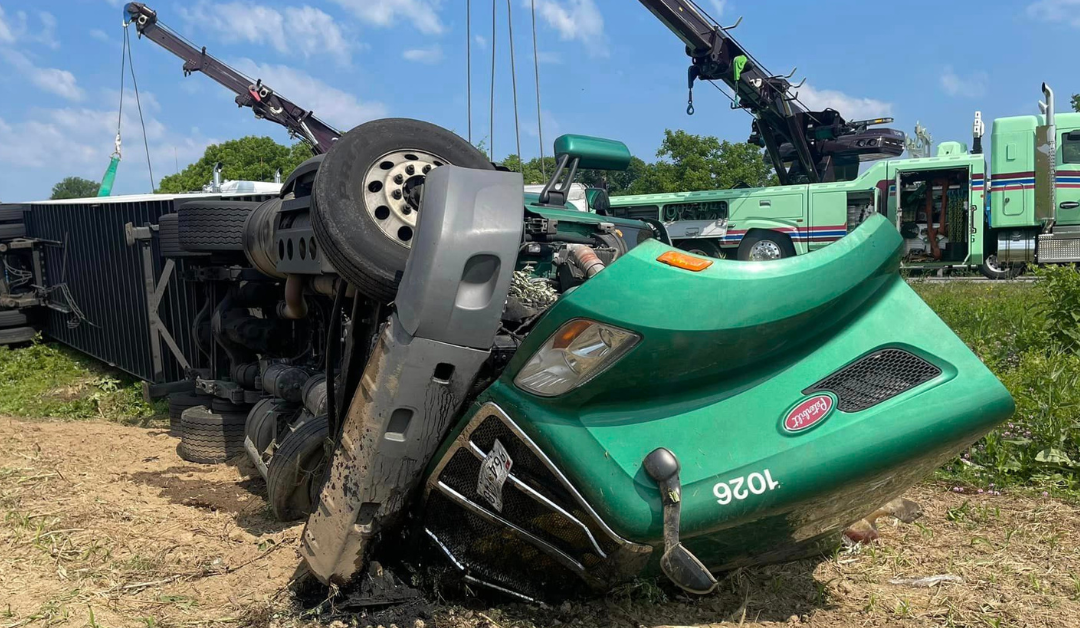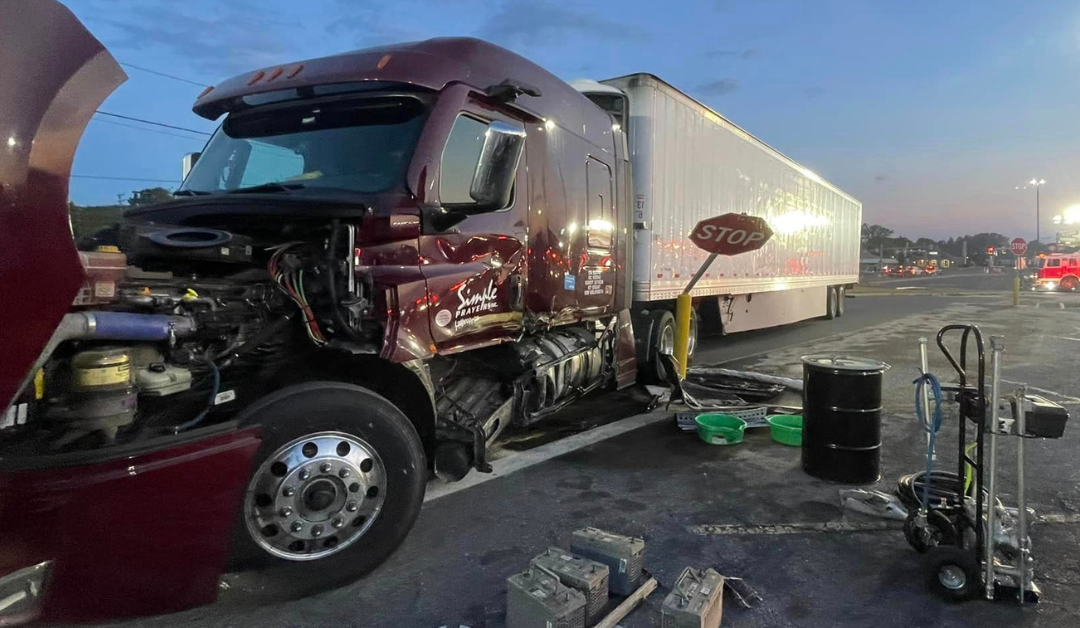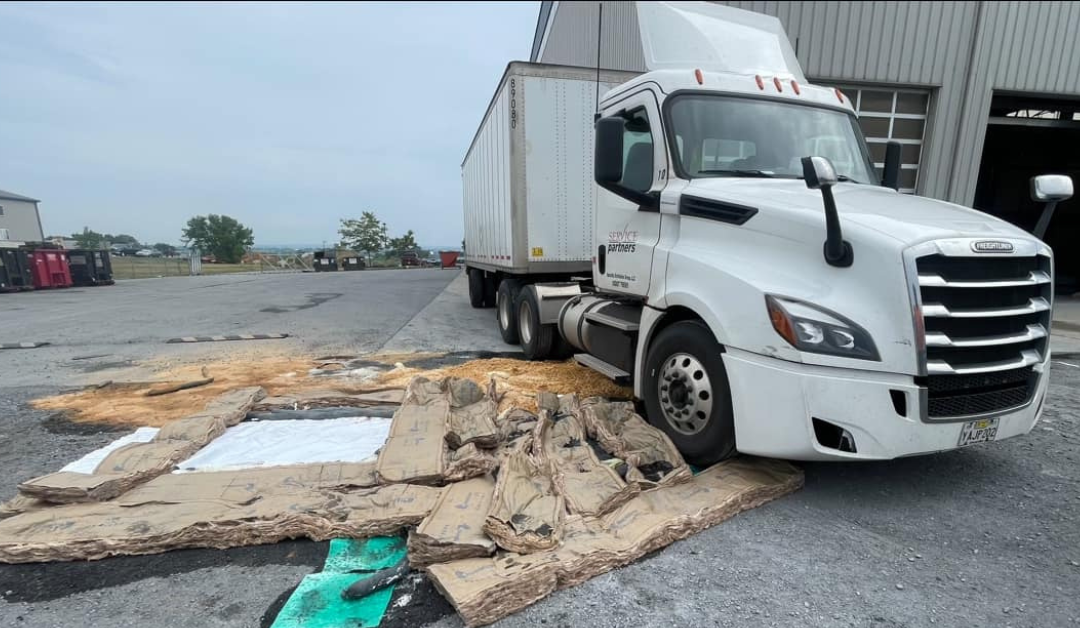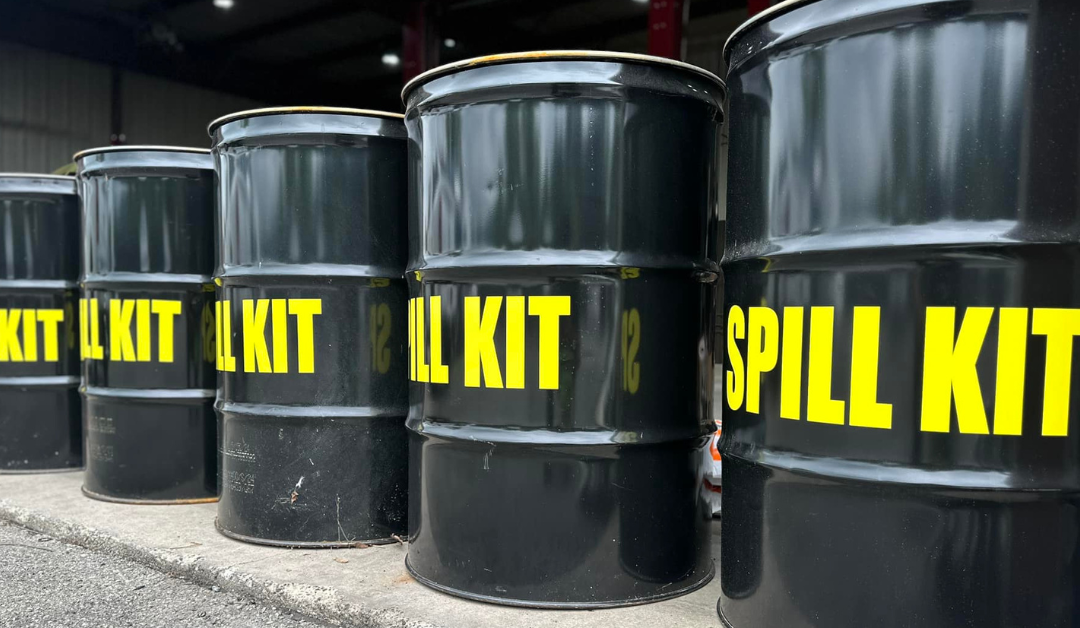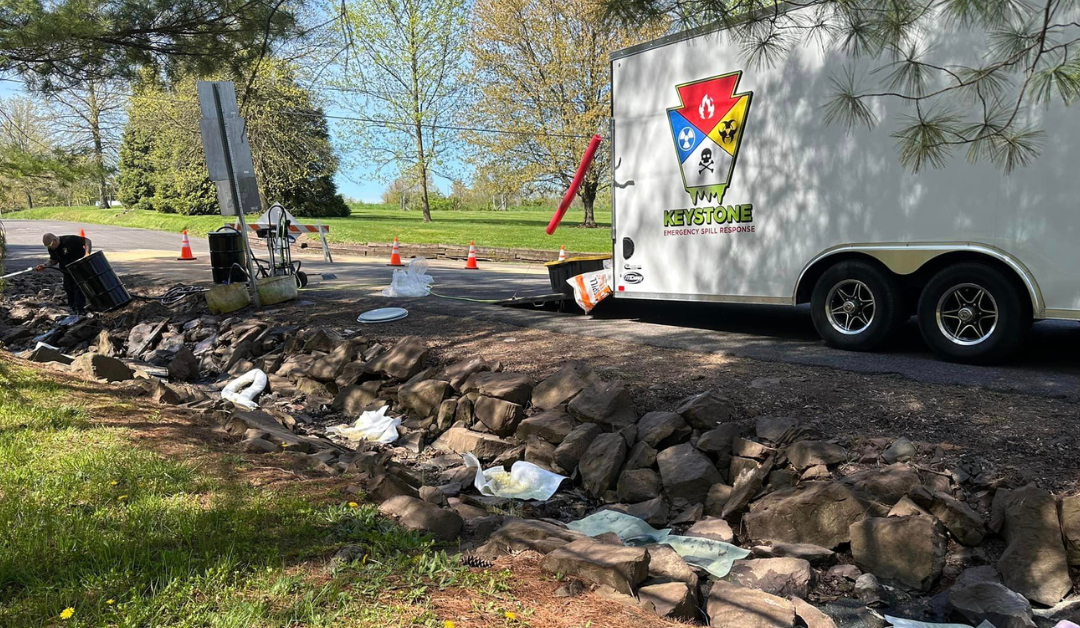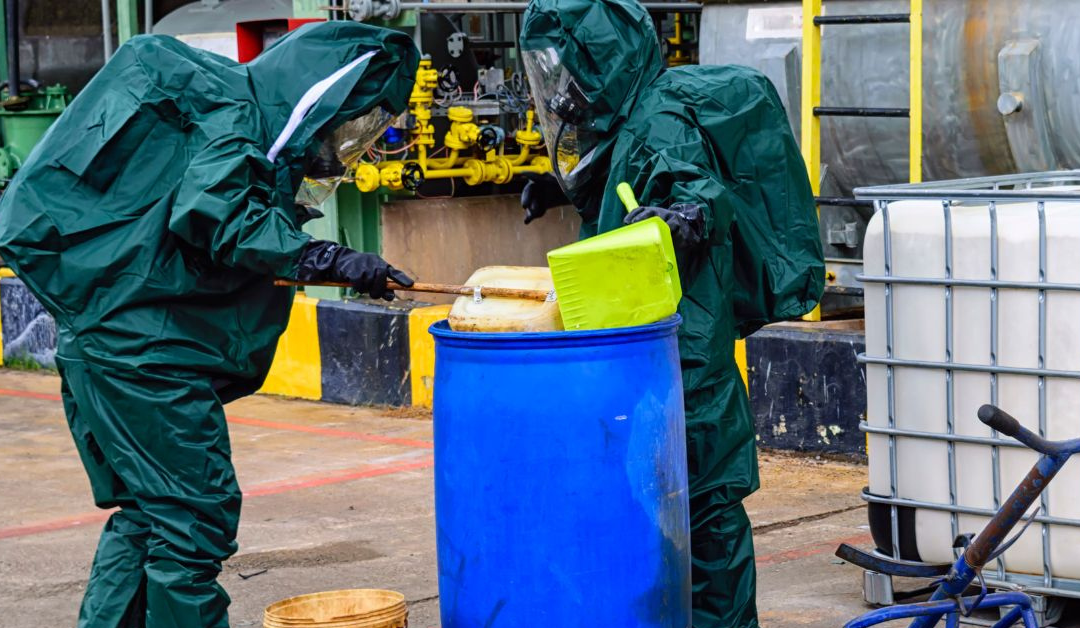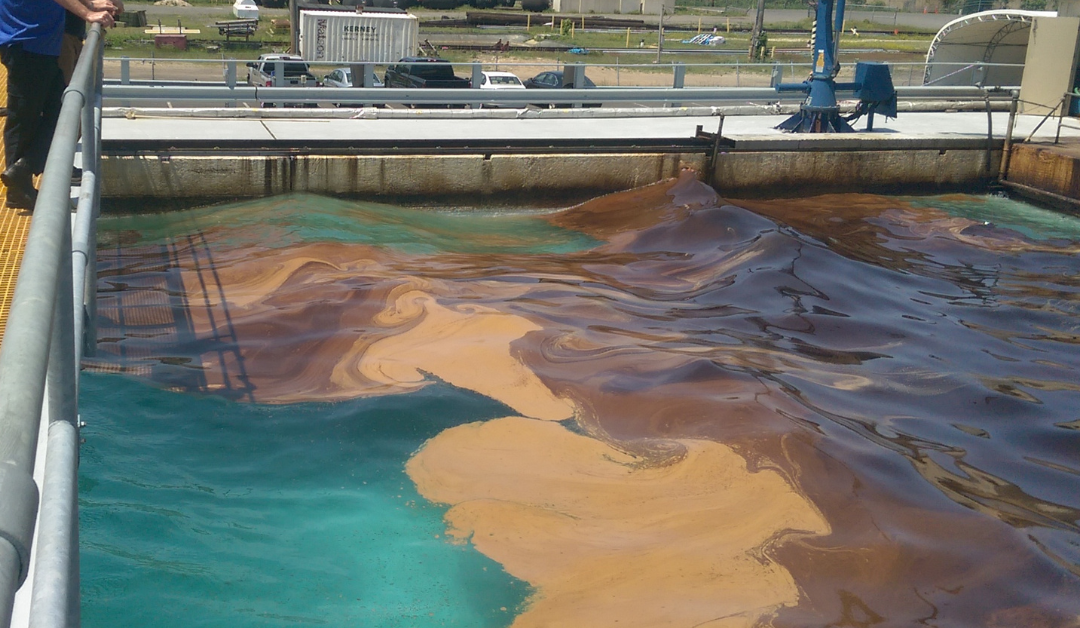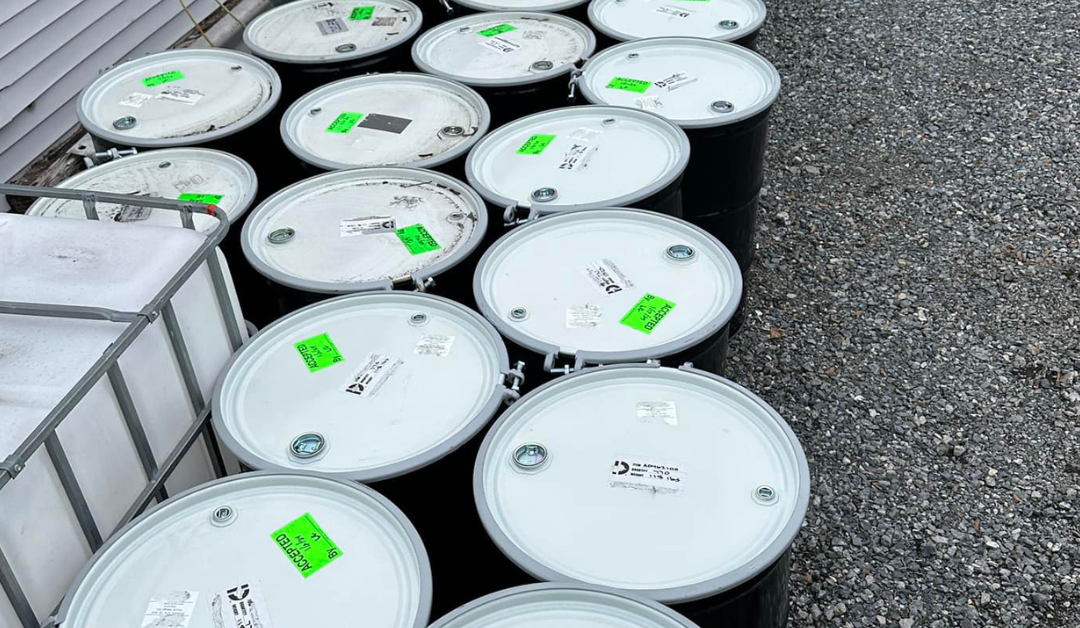Diesel spills can occur at any time and may lead to environmental hazards and safety risks. Whether you are a business owner, a truck driver, or a homeowner, knowing how to handle a diesel spill is key in such situations. We’ll walk you through the steps to take in case of a diesel spill to make sure that you are prepared to act quickly and effectively.
Understanding the Dangers of Diesel Spills
Diesel fuel is one of the most common petroleum products used by vehicles and machinery. If spilled, it can pose serious environmental and health risks. It can contaminate soil and water sources, harm wildlife, and even create fire hazards. Quick action will help minimize these risks and prevent long-term damage.
Immediate Steps to Take When You Encounter a Diesel Spill
1. Ensure Safety First
The first concern, when diesel spill is revealed, must be the assurance of safety. Here’s what to do:
- If the spill has occurred indoors ventilate the area to cease the accumulation of fumes.
- Identify all potential sources of ignition and keep them under control so that fire hazards can be eliminated.
2. Situation Assessment
Act rapidly with swift decisions concerning the incident of spill:
- Obtain the extent of the spill.
- Identify the source of the spill and stop it if possible and safe to do so.
- Determine whether you can clean up or if the situation requires professional assistance.
3. Protect Yourself
Personal safety is paramount in the case of a diesel spill. Always:
- Wear PPE, including gloves, goggles, and protective clothing.
- Utilize respirators when necessary, particularly in confined spaces.
Containing the Diesel Spill
Quick containment is necessary in order to minimize diesel spill spread and lessen environmental impacts.
1. Eliminate the Source
If there‘s no danger, try to shut off the source of the spill:
- Close valves or rollover drums or deploy leak-arresting technology.
- For larger spills professionals employ technology that can contain the source.
2. Contain Spread
Take action in place to eliminate the flow, and stop waterway spread:
- Absorb the spill using absorbents such as socks or booms by creating a barrier beyond the spill.
- Closing off nearby drains to ensure that diesel does not seep into the water system.
- If the spill occurs on water, floating booms can contain the diesel.
Diesel Spill Cleanup Procedure
After containment, proceed with cleaning up the spill. The cleaning procedure will vary on the size and location.
Small Spills
- Apply an absorbent material such as OS Oil Absorbent Powder by Oil Solutions or similar material.
- Spread the absorbent across the entire area of the spill.
- Broom the absorbent material into the spilled diesel.
- Saturated absorbent material is collected with a scoop, shovel, or dust pan and broom.
Larger Spills
- Professional services could utilize special machinery including vacuum trucks and skimmers.
- Bioremediation or chemical treatments may be applied where contamination is extensive.
- Excavation of contaminated soil may be required in some instances.
Disposal of Contaminated Materials
Materials must be disposed of correctly to prevent further dissemination of the contamination:
- Collect all the contaminated materials and place them in leak-proof containers.
- Clearly mark the containers stating the contents.
- Dispose of the waste through a certified hazardous waste management program.
Post-Clean Up Actions
After the actual cleaning is performed, there are several important actions to be taken:
- Decontaminate the area with a mild detergent and water wash.
- For highly toxic spills, collect the rinse water for proper disposal.
- Mark the area where the spill occurred if possible.
- Report the spill to your supervisor or appropriate authorities.
When to Call for Professional Help
While small diesel spills can often be handled in-house, there are situations where professional help is necessary:
- The spill is too large to manage with available resources.
- The spill has entered waterways or storm drains.
- You are not equipped or trained properly to clean up the spill safely.
- The local regulations require professional cleanup for any size of a diesel spill.
Companies such as Keystone Emergency Spill offer 24/7 emergency response services for such situations. They have the expertise, equipment, and certifications to handle complex diesel spills safely and effectively.
4 Ways to Prevent Future Diesel Spills
Prevention is always better than cleanup. Here are some tips to prevent diesel spills:
- Regularly check and maintain the equipment and storage containers.
- Store diesel using the secondary containment systems.
- Properly train employees on appropriate handling and transfer practices.
- Have a spill kit easily accessible in areas where diesel is used or stored.
A diesel spill is something that requires acting and thinking fast. If one does these steps in order for safety, containment, cleanup, and proper waste disposal-they will minimize the environmental and safety risks that are part of a diesel spill. Remember, when in doubt or faced with a large spill, it’s always best to call in professional help. Stay prepared, stay safe, and protect our environment from the hazards of diesel spills.
Follow us on Facebook to stay up to date with the latest at Keystone Emergency Spill Response.

